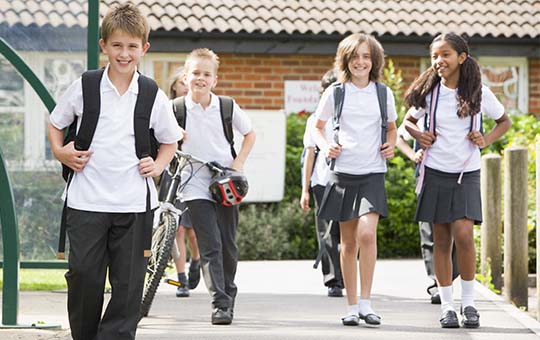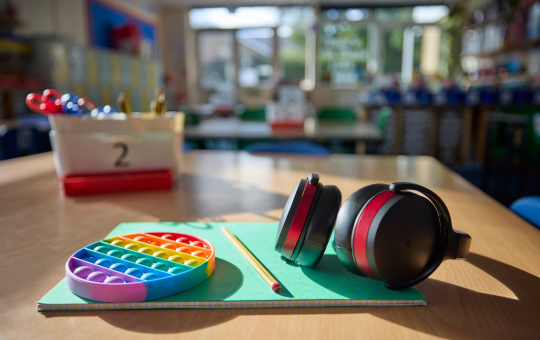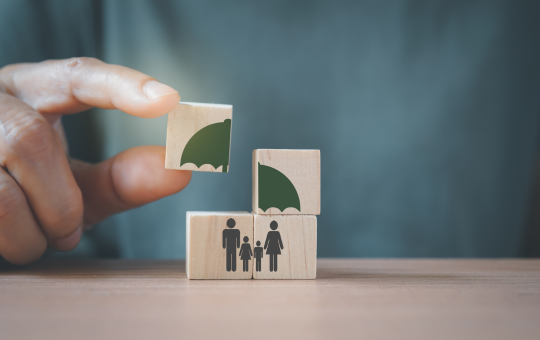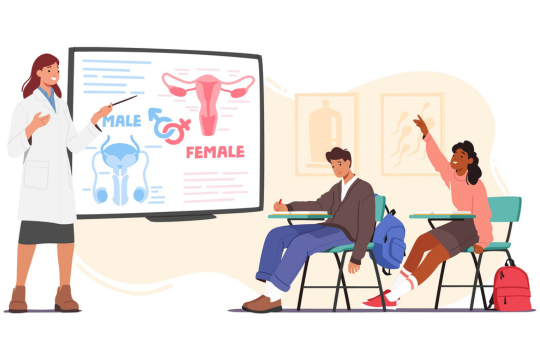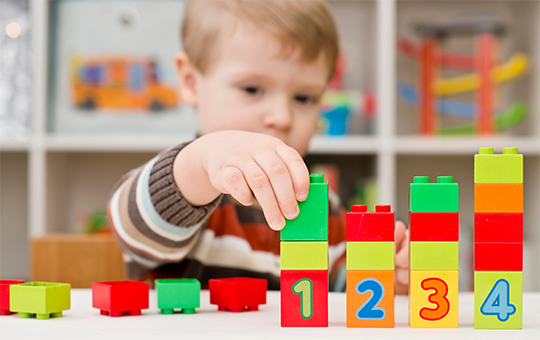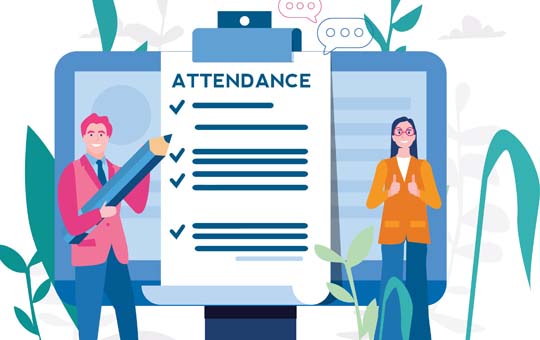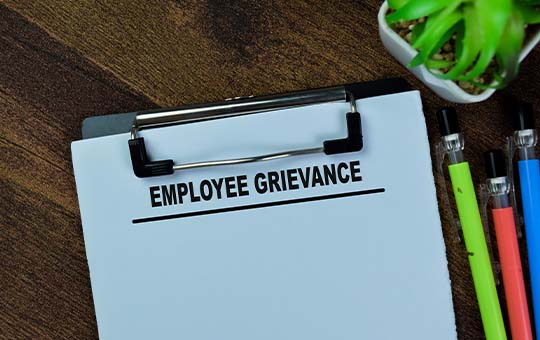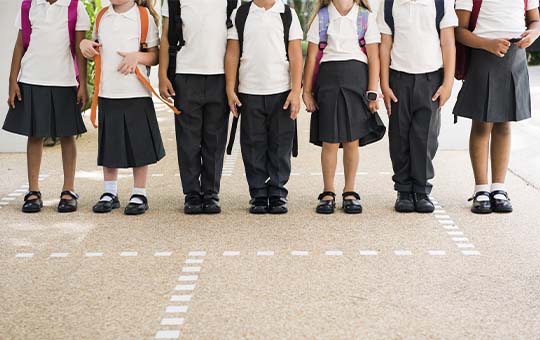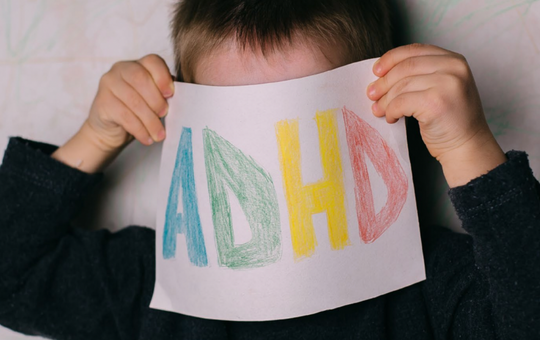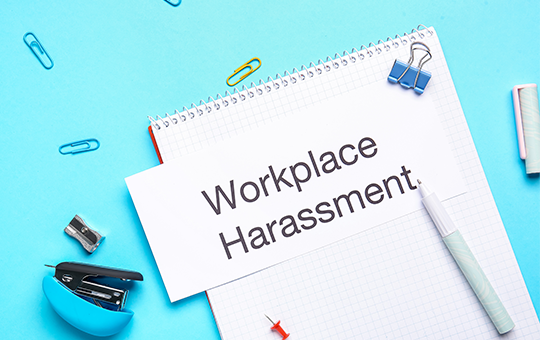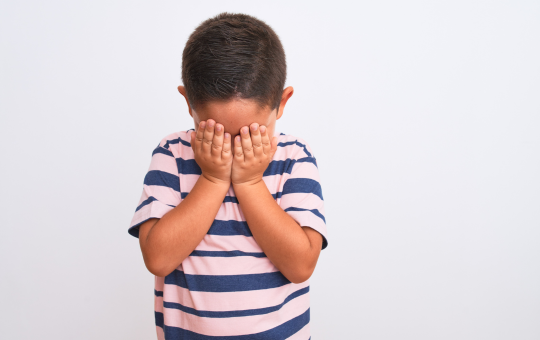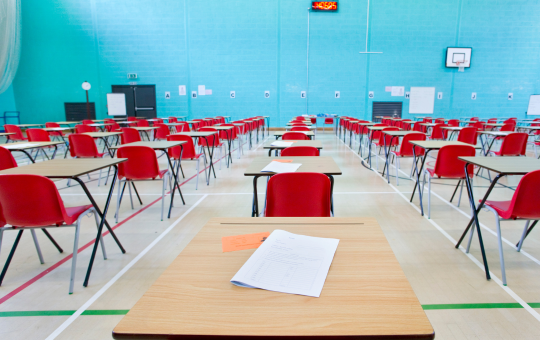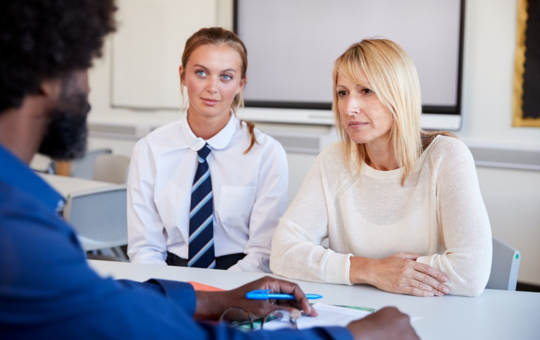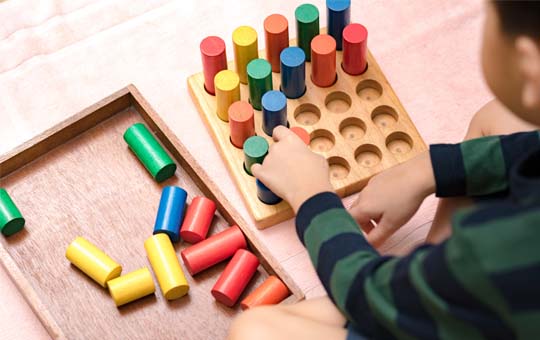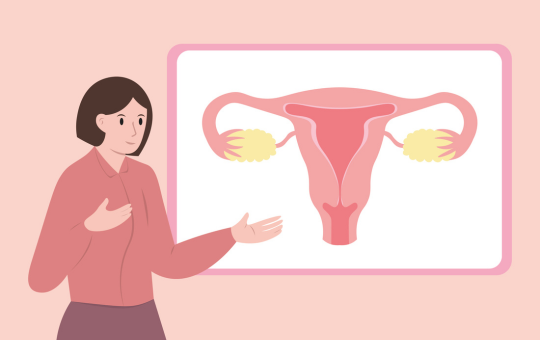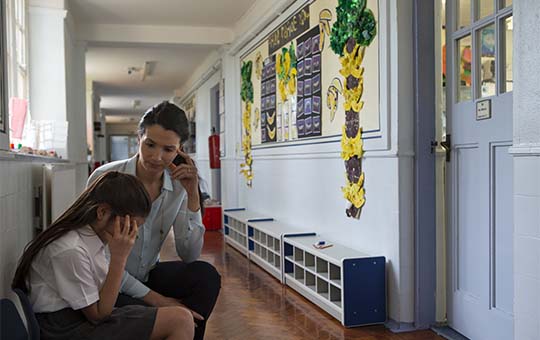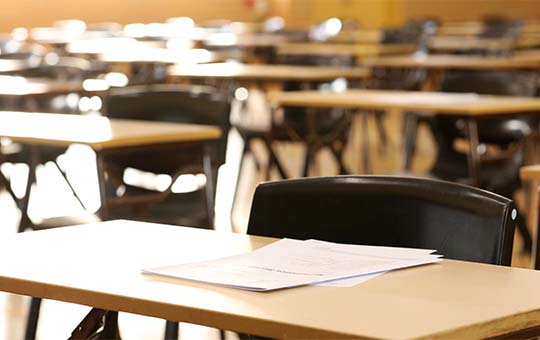The UK government has announced new RSHE guidance for schools, which will have a significant impact on how the education sector approaches the topic of relationships, sex, and health education in England.
The 44-page draft guidance review has been published and focuses on several different topics. The Department for Education's consultation outlines several key adjustments: emphasising biological distinctions in sex and gender education, introducing age restrictions on sensitive subjects, prohibiting instruction on gender identity and incorporating new material on sexual harassment and suicide prevention. Furthermore, the consultation brings in a range of additional topics, including vaping, coping with loss and bereavement, and discussions on pregnancy and sexual wellness.
The Secretary of State for Education, Rt Hon Gillian Keegan MP, begins the guidance report with explaining their cautious approach to this sensitive topic:
“As children start to approach adulthood, we need to give them the tools to keep themselves safe and to flourish. This relies on them getting the right information at the right time, so that they know about the risks and how to avoid them, but also making sure that they are not exposed to too much too soon, taking away the innocence of childhood. That is a very difficult balance to get right. That is why this updated guidance includes clear age limits for the teaching of the most sensitive content and specifies that the contested topic of gender identity should not be taught. And it reinforces the vital principle that parents have right to know about everything their children are being taught and be given proper chance to understand and discuss it."
The guidance goes on to discuss the aforementioned subjects, with a degree of flexibility and autonomy being afforded schools and parents alike when it comes to their approach to what is and isn’t taught to students in schools. The review states:
Guiding principles for relationships and sex education
15. Schools should develop a curriculum with the following five key principles in mind:
a. RSHE should teach children about the law, in addition to the importance of tolerance and respect for everyone in the school community and beyond.
b. The curriculum should seek to keep children safe and informed about growing up and the challenges this may present, how relationships develop and how to be safe once sexually active. It should enable topics to be taught appropriately by a trusted adult and help ensure that prevention of harm and early intervention are supported.
c. Schools should follow the age limits set out in the guidance to ensure pupils don’t learn about sensitive topics earlier than is necessary or at an inappropriate stage of their development.
d. Schools should be transparent with parents about all materials used in RSE, and all materials should be available to parents, as described in the section on openness with parents below.
e. Parents have a right to request that their children are withdrawn from sex education.
To be clear, and to quote the guidance itself: “This document contains information on what schools should do and sets out the legal duties with which schools must comply when teaching relationships education, relationships and sex education (RSE) and health education.”
The review is extensive, covering a wide array of topics, with the central theme seeming to be an attempt by the government to find a middle ground between opposing sides of the ongoing argument surrounding relationships, sex, and health education.
The full review can be found here, and we recommend all education professionals read it. They are now asking for views from parents, schools, and others before the guidance is finalised. You can find the consultation here, and read more about the review here.
Schools have until July 11th 2024 to respond to the consultation, which, if approved, would replace the current guidance that was issued in 2019.
The government said it aimed to publish a response later this year, but no specific details about when the changes would be implemented have been shared.
What can you do to prepare for these changes in RSHE guidance in schools?
This new guidance has far reaching implications to how the education sector approaches these sensitive, yet crucial topics. We recommend teaching professionals at every level of the education sector, from teaching assistant to governor, to not only read the guidance, but to also carry out relevant training and professional development in the relevant subjects.
At Education Conferences UK, we have a wide range of different masterclasses and conferences which can help you come to grips with the changes in guidance.
Navigating the LGBTQ+/Gender Debate in a Diverse or Faith-Based Context
Thursday 19th September 2024
Tackling Sexual Harassment and Abuse in Schools
Monday 20th May 2024
Addressing Misogyny and Sexism in Schools 2024
Monday 1st July 2024
Teaching Female Genital Mutilation Awareness (FGM) within RSHE
Tuesday 11th June 2024
Protecting Children from Online Pornography 2024
Tuesday 17th September 2024
Making the links between Ofsted & PSHE
Wednesday 5th June & Thursday 17th October 2024
.png)






